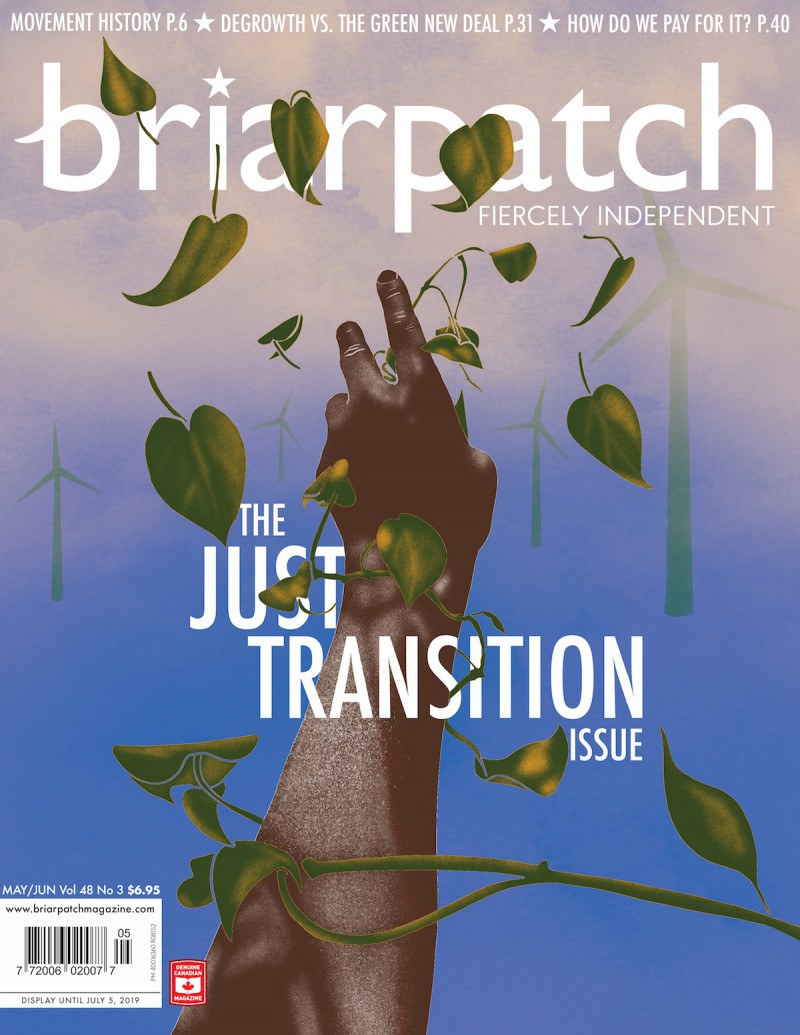
May/June 2019
The Just Transition Issue
How do we transition to a low-carbon future, in a way that’s just for Indigenous peoples and workers? This issue is both a vision and a plan.
With articles by Ananda Lee Tan on the history of the just transition movement; Emily Riddle on what “giving land back” really means; a roundtable with Heather Milton-Lightening, Kali Akuno, Mostafa Henaway, Hayley Zacks, and Jamie Kirkpatrick; case studies from the Wet’suwet’en nation’s reoccupation of territory to the Imagining 2030 Network in Nova Scotia; Syed Hussan on unbordering the transition; Yves-Marie Abraham on the degrowth movement in Quebec; and more.
Inside This Issue
-
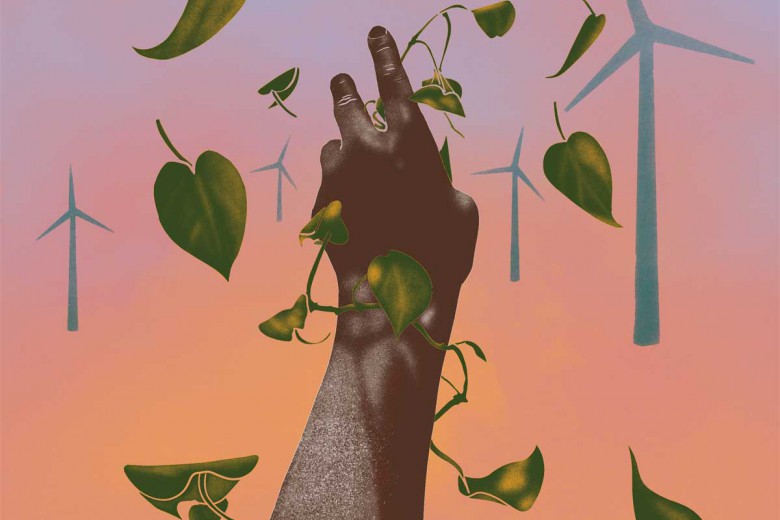
Just transition: a vision and a plan
-
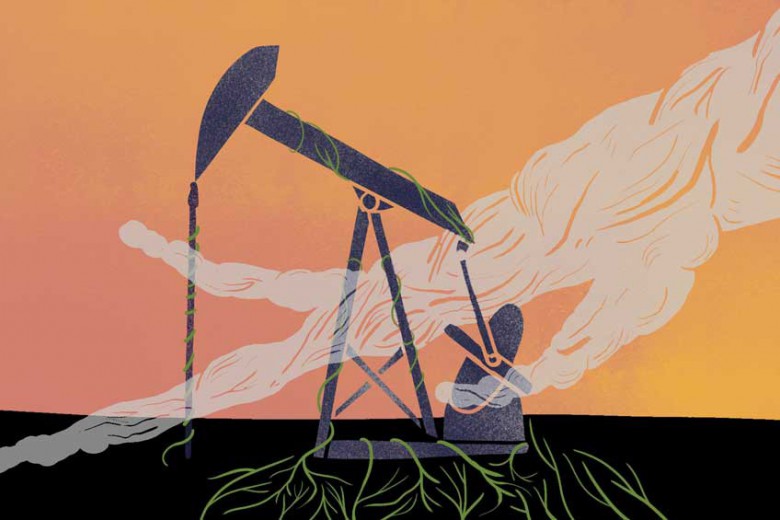
Just transition means returning Indigenous land – but that might look different than you think
-
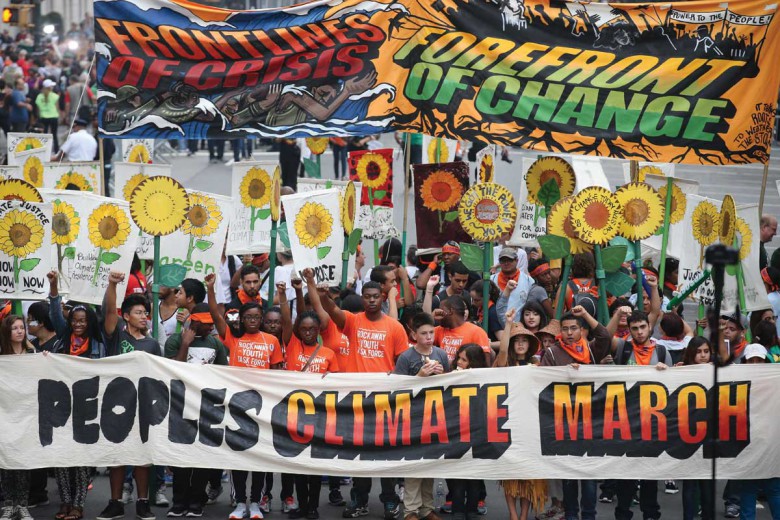
Bending the arc of movement history toward a just transition
-
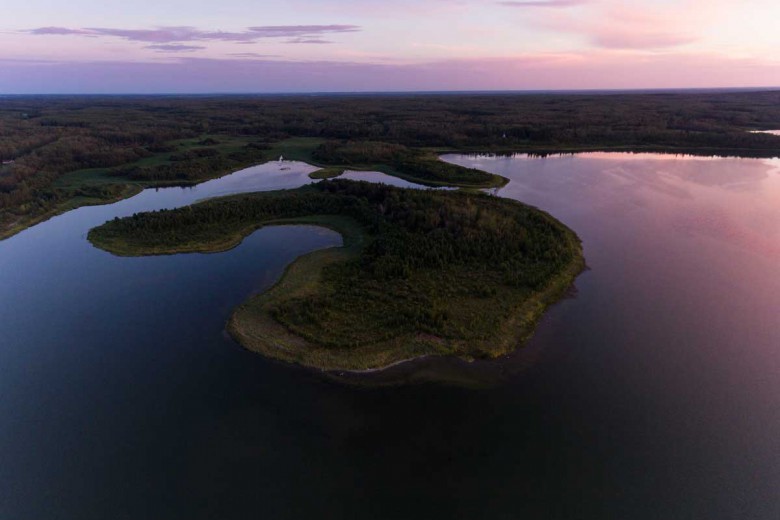
What’s in a just transition?
-
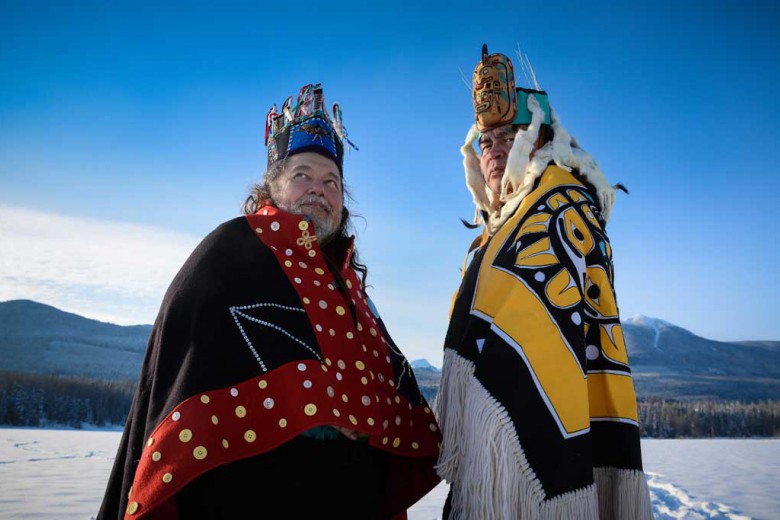
“We need to begin protecting all of our territories”
-
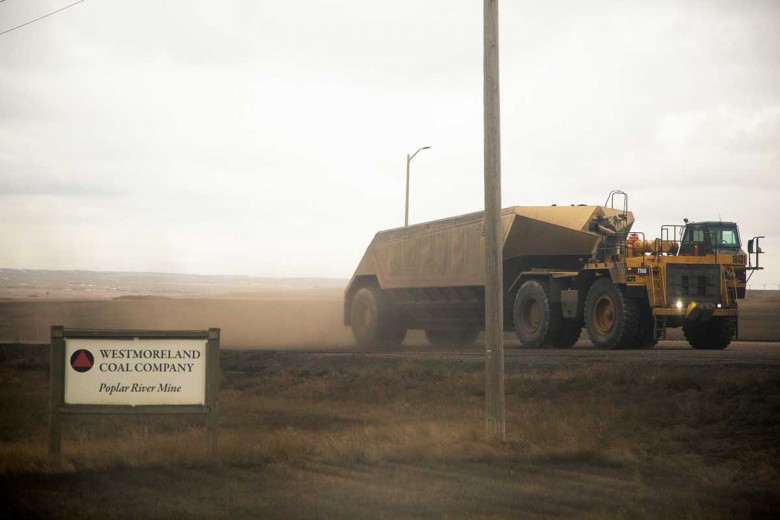
Bridging the gap with Saskatchewan’s coal communities
-
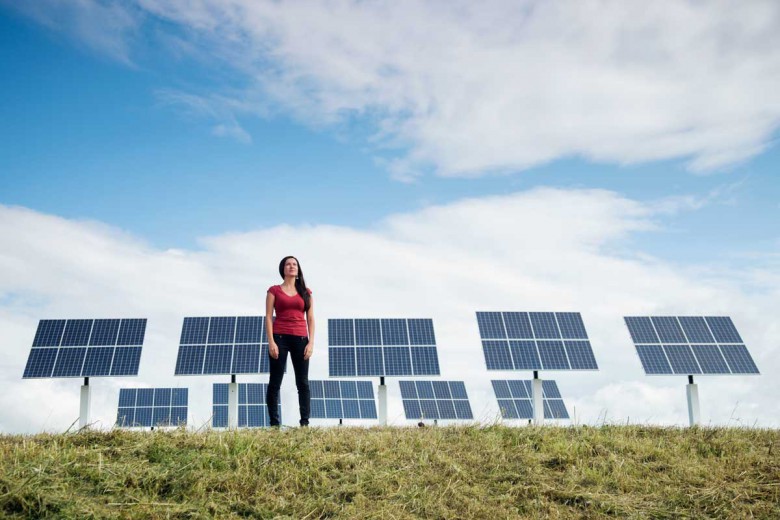
This is what Indigenous energy sovereignty looks like
-
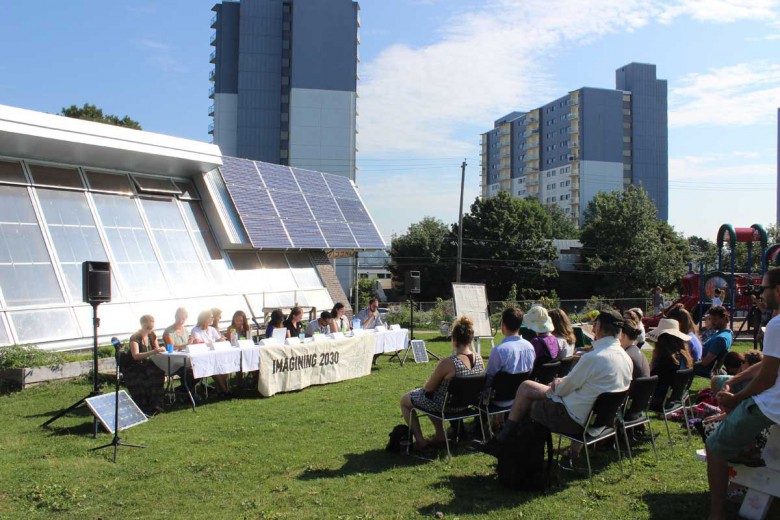
Decentralizing climate justice in Halifax
-
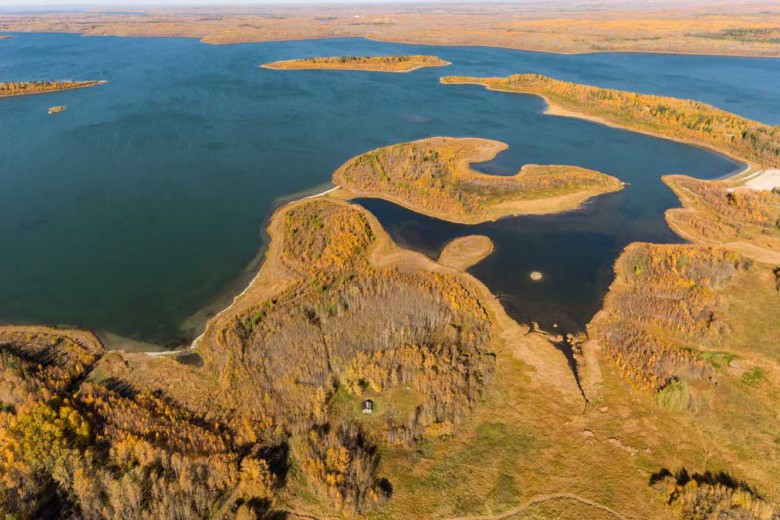
Tarsands vs. treaty
-

Transition and resistance in the Global South
-
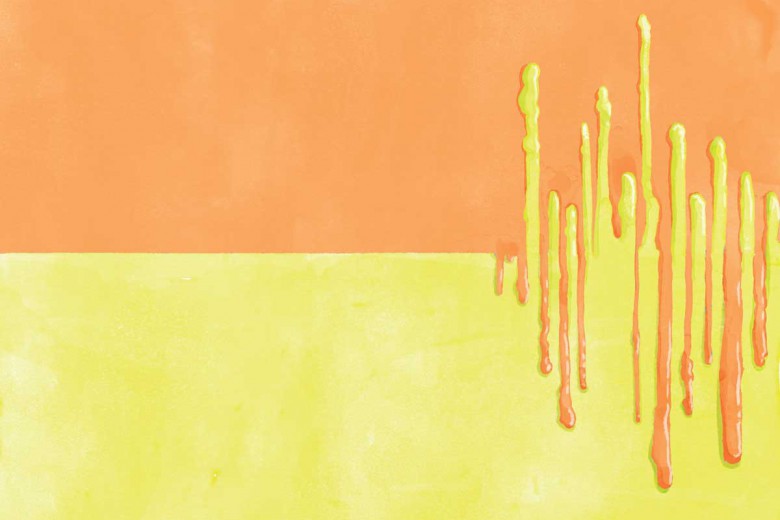
Unbordering
-
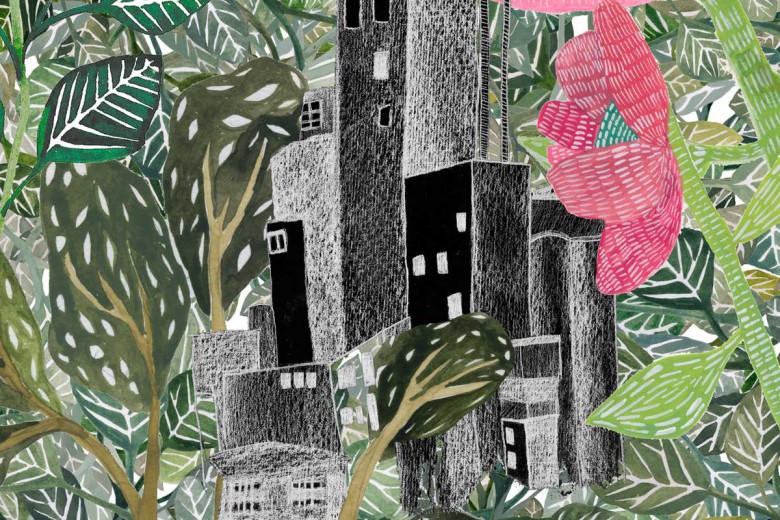
Qu’est-ce que la décroissance?
-

Décroissance
-

Degrowth vs. the Green New Deal
-
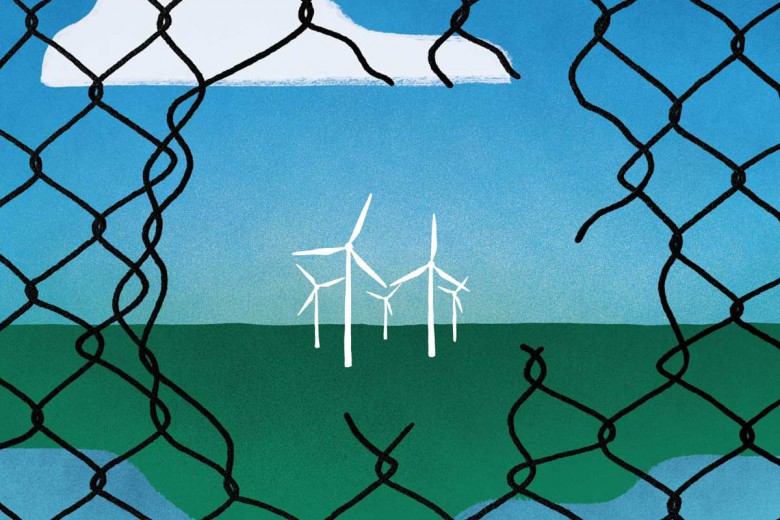
Confronting economic barriers to a just transition
-
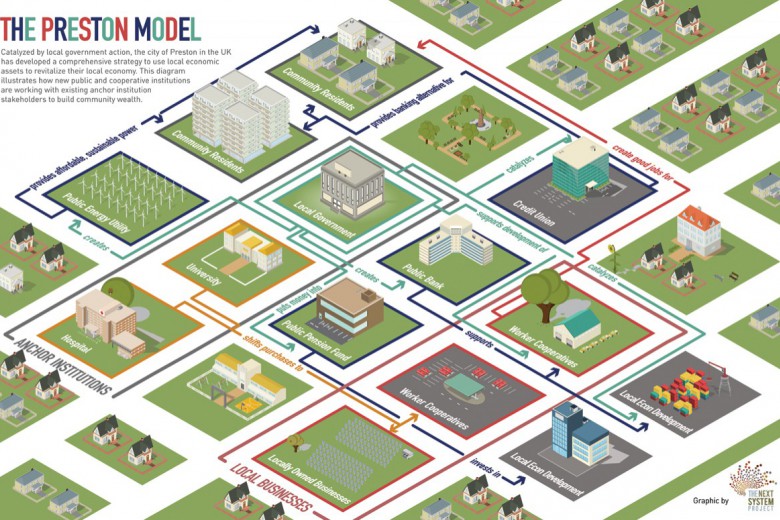
How will we pay for a just transition?
-

The climate crisis calls for a planetary politics
-
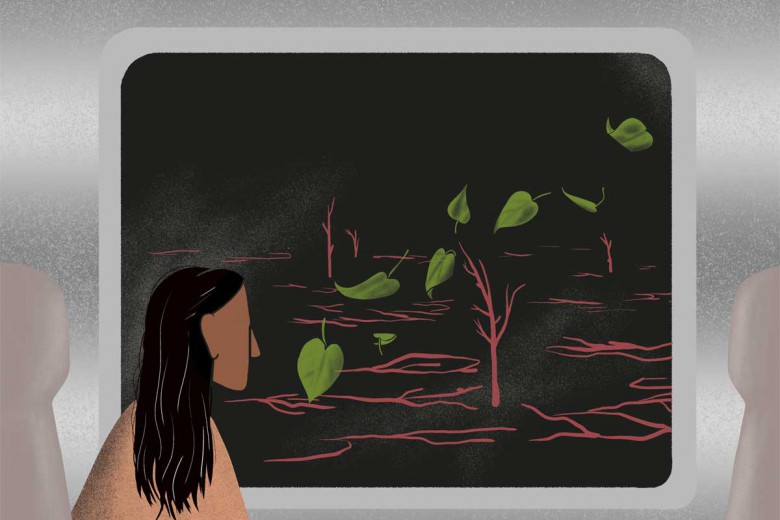
“We can only glimpse our future reflected in our past”


